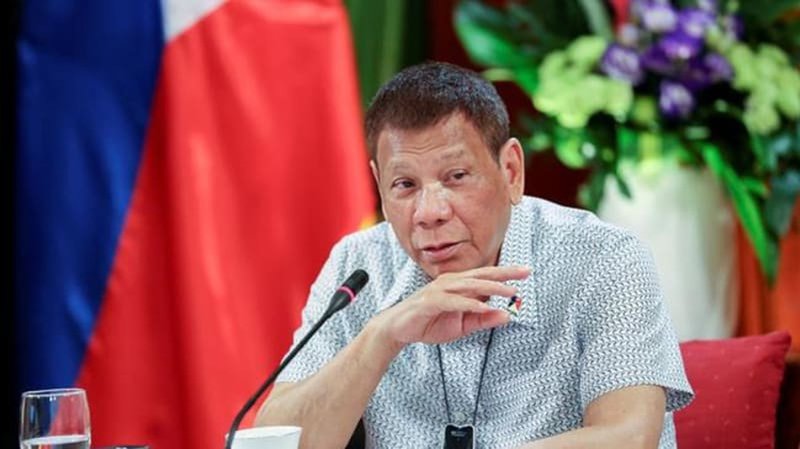
Philippine leader pardons US Marine in transgender killing
MANILA, Philippines — The Philippine president pardoned a U.S. Marine on Monday in a surprise move that will free him from imprisonment in the 2014 killing of a transgender Filipino woman that sparked anger in the former American colony.
President Rodrigo Duterte said he decided to pardon Lance Cpl. Joseph Scott Pemberton because the Marine was not treated fairly after opponents blocked his early release for good conduct in detention.
A left-wing human rights group, Karapatan, immediately condemned the pardon as a “despicable and shameless mockery of justice and servility to U.S. imperialist interests.”
Pemberton was convicted of homicide and has been serving a prison term of six to 10 years for the killing of Jennifer Laude in a motel in Olongapo city, northwest of Manila. His lawyer, Rowena Garcia-Flores, told The Associated Press that Pemberton was already aware of Duterte’s decision when she called him.


